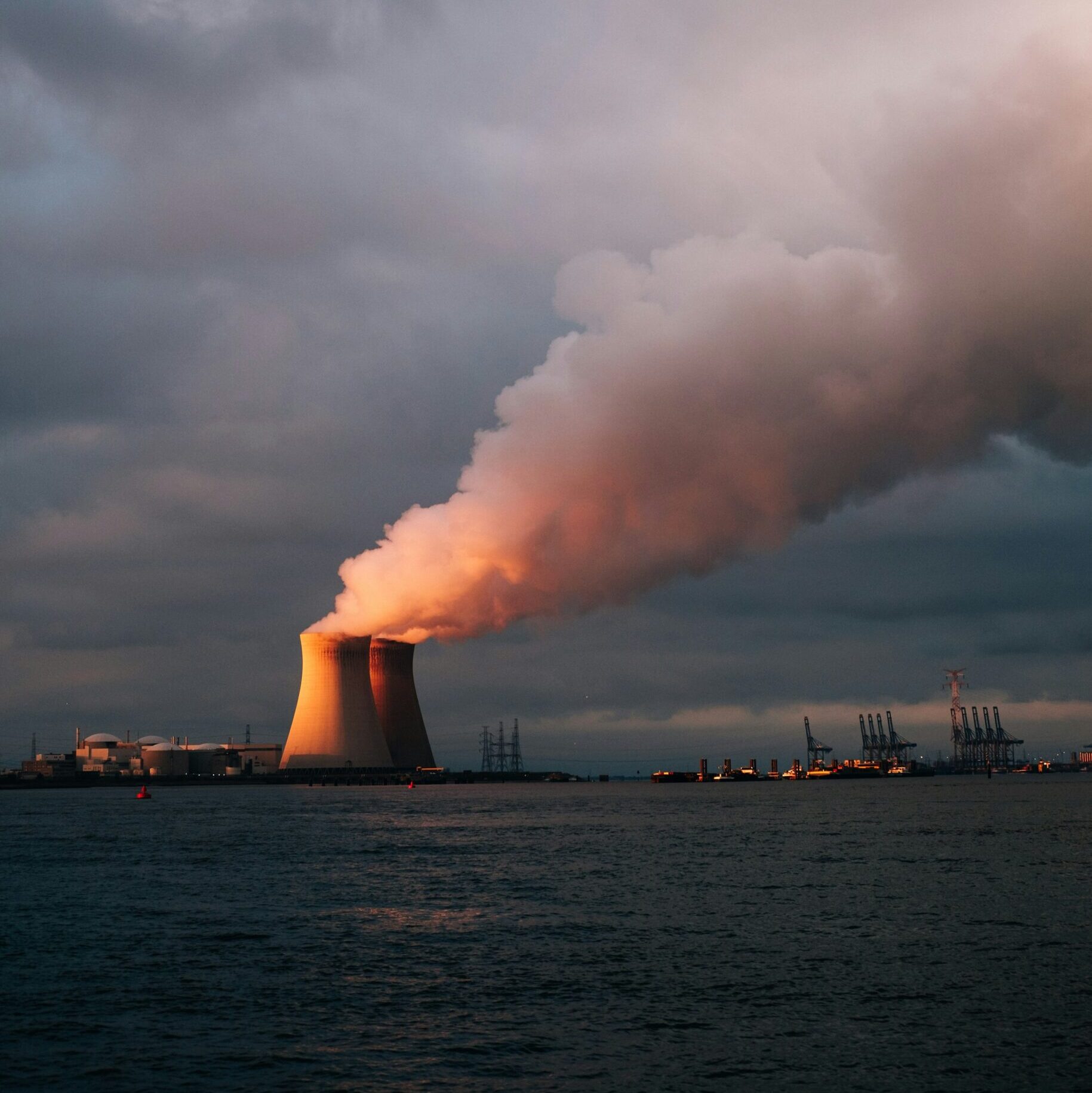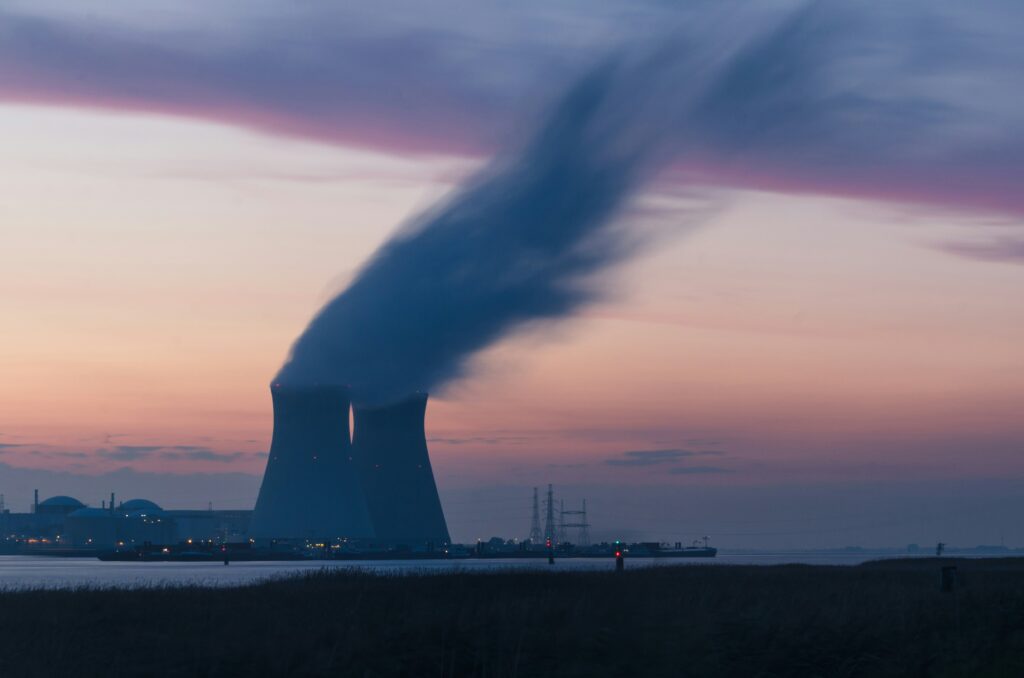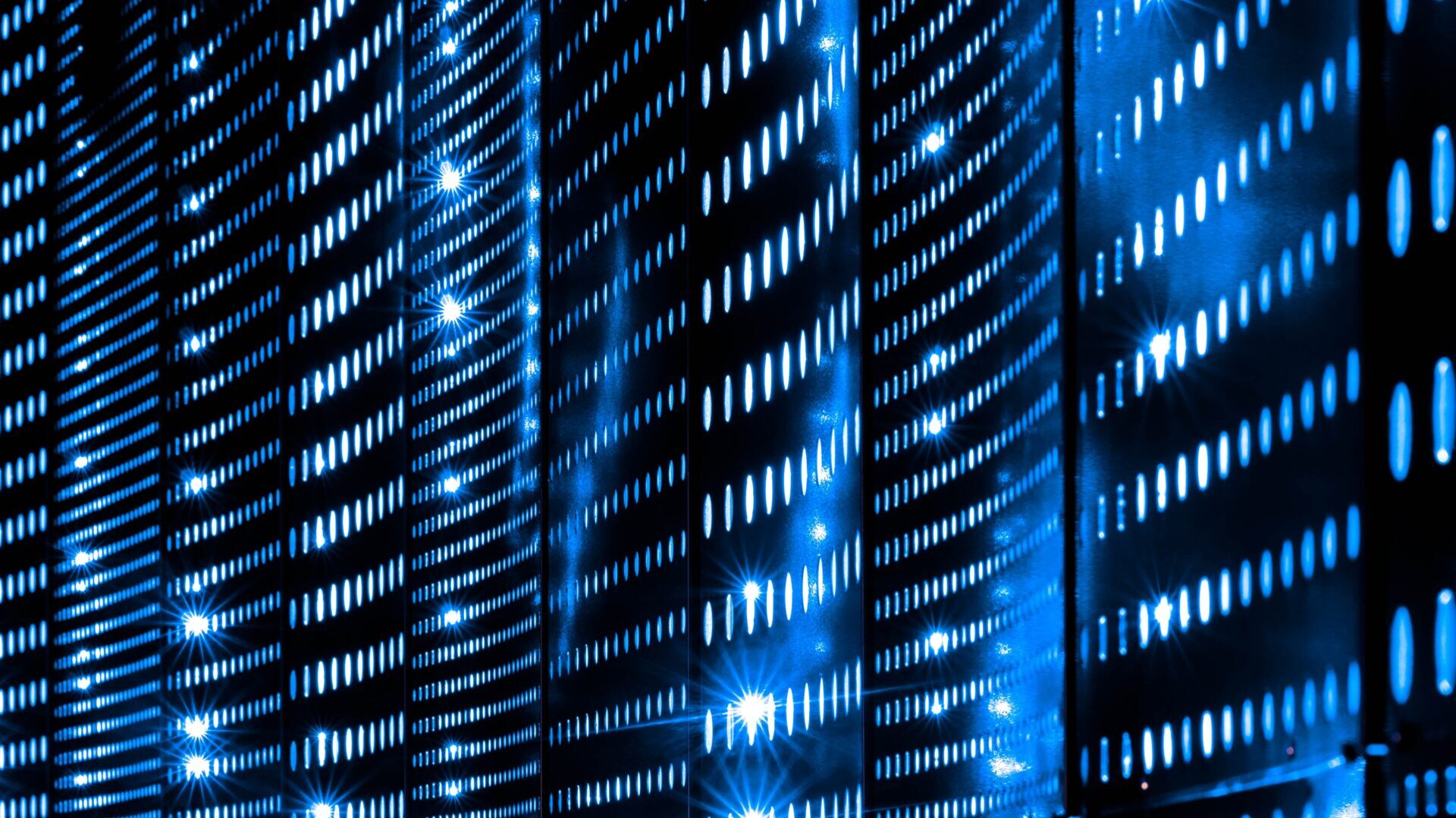
Nuclear Power Data Center: Transforming IT Infrastructure with Sustainable Energy
As the demand for computing power continues to skyrocket, the need for sustainable and reliable energy solutions has never been more pressing.
Nuclear energy, a formidable yet often overlooked option, is emerging as a potential solution for powering data centers.

The Need for Sustainable Data Centers
Data centers are energy-hungry beasts — their energy consumption is staggering, accounting for approximately 1% of global electricity use. With this figure expected to grow, traditional energy sources like fossil fuels are increasingly being criticized for their environmental footprint.
As the world increasingly relies on data (especially with the emergence of AI), finding sustainable and efficient solutions to power data centers is imperative.
Nuclear Power: A Clean and Reliable Energy Source
Nuclear power offers a clean and reliable energy source with a low carbon footprint. Nuclear power plants generate electricity through nuclear fission, a process that releases a significant amount of energy.
This energy can be harnessed to power data centers, reducing their reliance on fossil fuels and mitigating their environmental impact.
Advantages of a Nuclear Power Data Center
- Reliability: Nuclear power plants provide a consistent and reliable source of energy, unaffected by weather conditions or fluctuations in other energy sources.
- Low carbon emissions: Nuclear power generates electricity with minimal greenhouse gas emissions, making it a sustainable choice for powering data centers.
- High energy density: Nuclear power plants can generate large amounts of electricity from a relatively small amount of fuel, making it an efficient energy source.
- Security of supply: Nuclear power can help ensure a secure and reliable supply of energy, reducing dependence on imported fossil fuels.
Nuclear Power Data Center Challenges and Considerations
While nuclear power offers significant benefits, there are also challenges associated with its implementation:
- Public perception: Negative public perception and concerns about nuclear safety can hinder the development of new nuclear power plants.
- Waste disposal: The safe disposal of nuclear waste remains a complex issue that requires careful consideration.
- Initial investment costs: Building and operating nuclear power plants is a significant investment, requiring substantial upfront costs.
Emerging Trends in Nuclear Power Data Centers
The concept of micro nuclear reactors is gaining traction as a scalable and flexible solution. These smaller reactors are cost-effective, safer, and quicker to deploy than traditional nuclear plants.
Companies and governments are already exploring how micro nuclear reactors could power data centers in remote areas, where traditional energy sources are limited.
Moreover, coupling nuclear energy with advanced technologies like containerization (using tools like Kubernetes and Docker) allows data centers to maximize energy efficiency and scale applications seamlessly.
By integrating nuclear energy with cutting-edge IT practices, businesses can optimize both operational performance and environmental sustainability.
The Future of Nuclear Power Data Centers
Despite these challenges, the potential of nuclear power to provide clean, reliable, and sustainable energy for data centers is undeniable.
As technology advances and public perception shifts, nuclear power may play a more significant role in powering the data centers of the future. By embracing nuclear energy, we can ensure that our data centers are both powerful and environmentally friendly.



